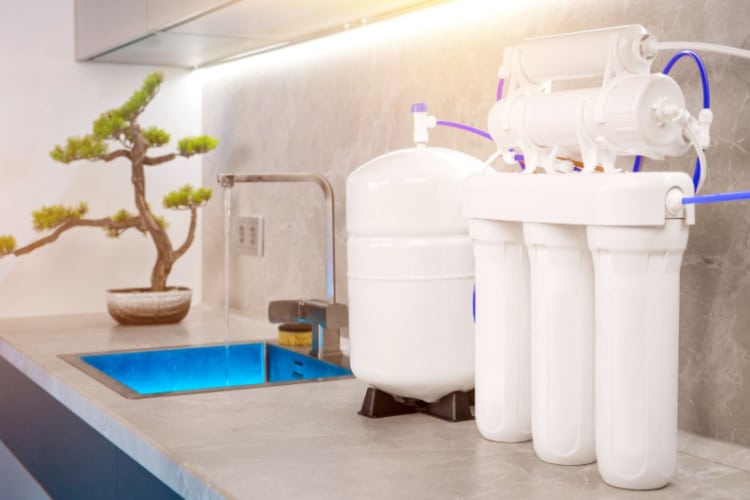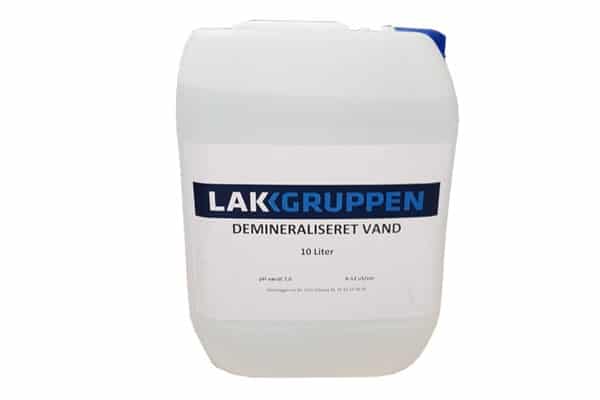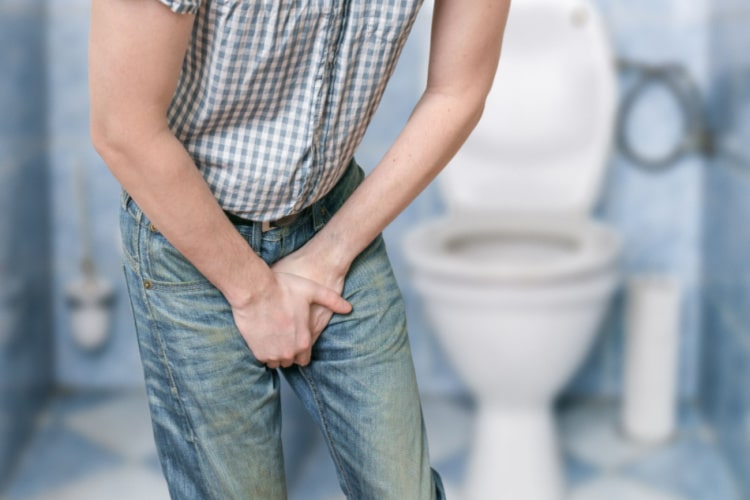Reverse osmosis (RO) water filters are extensively used across many homes globally since they purify drinking water, save you money, and even prevent skin irritation in some cases.
However, drinking reverse osmosis water exclusively in the long term may not be healthy or eco-friendly. Unfortunately, RO also removes vital minerals from water, wastes lots of water, and not all RO systems on the market are reliable.

Here are 5 reasons why reverse osmosis water may be bad for you:
1. It Demineralizes Water

RO filters are relatively indiscriminate and filter out salts and beneficial minerals in addition to common contaminants. Therefore, the water lacks minerals such as calcium and magnesium, which are beneficial to your body.
- According to the World Health Organization, drinking water should contain 10 mg/L of magnesium and 30 mg/L of magnesium to confer health benefits.
- Reverse osmosis filters 92 to 99% of calcium and magnesium.
- Calcium enhances bone strength and keeps the cardiovascular system in good condition.
- Magnesium improves brain function and lowers blood pressure.
In light of the above facts, it’s clear that minerals are essential for our well-being, and their absence can lead to health problems. Lack of calcium, magnesium, and other micronutrients in water can adversely affect your health.
In severe cases, it can cause neurodegenerative diseases and an increased risk of bone fracture, especially among people with underlying conditions.
That said, an over-reliance on water consumption for mineral intake is hardly healthy since water by itself isn’t a great dietary source of minerals. Instead, a rich, well-balanced diet should be the primary source of mineral-based nutrients.
Moreover, the best RO systems feature remineralizers that reintroduce lost minerals back to the water. Here’s a research-backed guide to selecting the best ro water filters for your home.
2. It Produces Bad Coffee and Tea

Minerals in water are crucial to making good coffee and tea. That’s primarily because the soluble solids of these beverages need mineral ions to attach to during the brewing process. In this sense, calcium and magnesium are important to make good coffee or tea.
However, the RO process removes calcium and magnesium ions. As a result, ground coffee doesn’t dissolve well, which affects its taste. Again, an RO system with a highly capable remineralizer might help, but there’s no guarantee that it’ll work as desired.
Moreover, once the RO membrane is deteriorated or somehow damaged, the water itself will taste funny. So, proper maintenance of your RO system is something that you should constantly do.
On the other hand, we should also note that untreated hard water also gives coffee a dull and sour taste, and it might damage coffee machines.
Lastly, there are also people who just love the taste of coffee and tea made with RO water. So, in the end, it’s all subjective.
3. Lots of Water Is Wasted During the RO Process

Theoretically speaking, a water filtration system sounds like it should be eco-friendly since it removes dangerous contaminants from water. However, that’s not the case with all RO systems, as some are the exact opposite of eco-friendliness.
In RO systems, the incoming water is filtered by a semipermeable membrane, which doesn’t allow contaminants to pass through. However, the impurities it catches needs to be flushed out, and it’s done by using more water.
In most RO systems, the amount of water wasted when flushing out contaminants dramatically surpasses the amount of drinkable water. Some systems might even waste six cups of water to produce only one cup of drinkable water.
These numbers aren’t good for your water bill nor the environment. Even the 1:1 waste ratio of the most eco-friendly RO systems might fail to meet up ecological standards.
4. It Causes You to Urinate More

Needless to say, drinking excess water causes you to urinate more. However, the water from RO devices increases the urge to urinate (diuresis) by 20%.
Of course, urinating more than usual doesn’t pose an immediate health risk. On the contrary—sometimes, it might even be good for your body to get rid of toxic elements.
However, once detoxed, you may start excreting important minerals such as sodium, calcium, and potassium as well. To make matters worse, the RO process already eliminates these from your drinking water.
Ultimately, this creates a negative feedback cycle that shouldn’t be brushed off. However, as with most of these side-effects, it entirely depends on the individual and their health.
5. Not All RO Systems Are NSF-Certified

The National Sanitation Foundation (NSF) and its certifications that are given based on independent lab results are the only way to be sure that the RO systems remove contaminants. However, not all filtration brands certify their systems.
There are four certifications given by the NSF to water filtration systems: NSF 42, NSF 53, NSF 58, and NSF 401. While 42, 53, and 401 gives us an idea of which contaminants these systems remove, NSF 58 certification confirms that the material components used in manufacturing the systems are up to global health standards.
Some RO systems, despite boasting huge numbers of contaminants removed and amazing removal success percentages, have none of these certifications. Some of them only have the NSF 58, while only a select few actually have all of them.
Therefore, unless you purchase a product that has all the certifications, you can’t be sure that your drinking water will be clean. If the system doesn’t have the NSF 58, its uncertified parts might contaminate your water even more.
Wrapping Up
Despite their merits in removing contaminants like heavy metals and chlorine from water, RO systems aren’t dKind Water Systemsid of their vices either. They demineralize water, waste lots of water, and produce tasteless coffee and tea (although this is very subjective), and not all of them are exactly trustworthy.
Demineralization can lead to adverse health effects in the long run if drinking water is your primary source of many minerals like calcium and magnesium. Having said that, you shouldn’t rely solely on water for your mineral intake and should diversify your diet.
Most importantly, the wastewater ratio of some of these systems doesn’t really meet our standards of eco-friendliness.
I have coliform in my water, I shocked with chlorin twice but still shows coliform, what else can I use?
Hi Roberto, are you shocking in a well that you have or what is the situation? Are you waiting 10-14 days after shocking your well with chlorine to test again? Might there be an ongoing reason that coliform is present in your well in the first place that shocking is proving ineffective? There are many factors as you can see, so it’s hard to know your exactly situation and provide a definitive answer without knowing more.
My municipal drinking water tastes bad. They insist it is safe. I have a filter under the kjtchen sink. If I use a carbon filter, will it improve the taste? If not, what will?
Hi Tom, sorry to hear about your water’s taste. Yes, a carbon filter is especially good in these situations because of the things they remove from the water. I’m not sure all that is going on with your water and also what kind of filter you already have. But, adding a carbon filter or stage to your existing filter if that’s an option I think is a reasonable step to see the results.